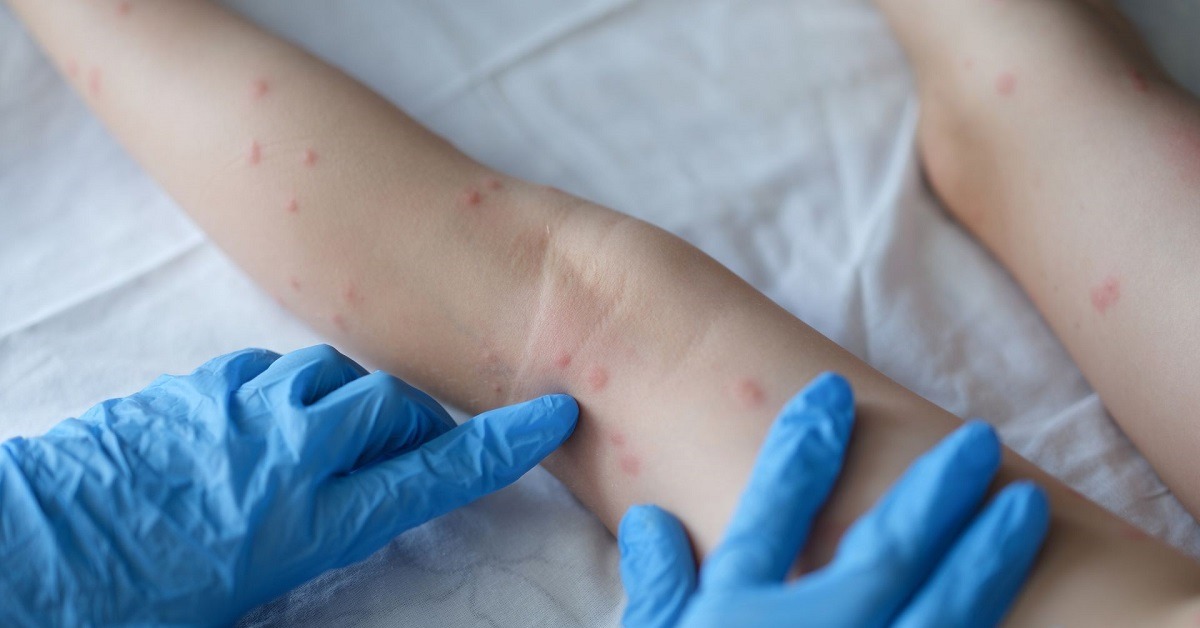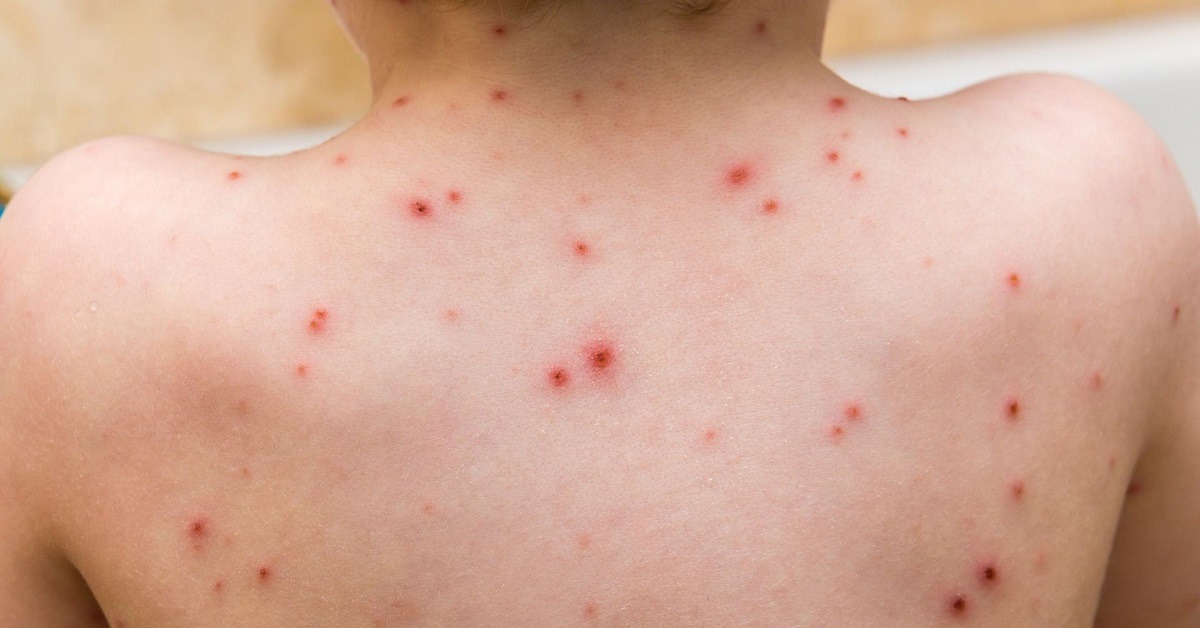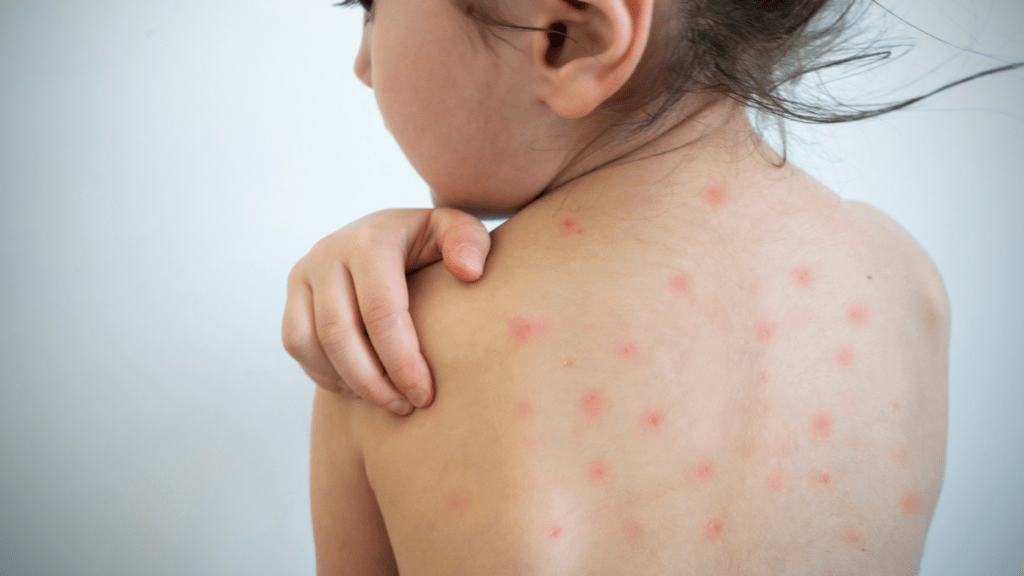How Can You Treat Chickenpox in Children?

Even though it usually affects children, chickenpox can affect any person at any age. It typically gets better on its own within 1 to 2 weeks, without necessarily visiting your doctor. Chickenpox is most frequently contracted by children before the age of 10. During an infection, the immune system produces proteins called antibodies. These combat the infection and then offer lifetime immunity to it. As a result, having more than one case of chickenpox in your lifetime is unusual. Where can I get a chickenpox vaccine near me in Bedford? Keep reading to find out.
What are the signs of chickenpox in a child?
The primary sign of chickenpox is an itchy, spotty rash. It can be visible on any part of the body. The following are some of the typical chickenpox symptoms:
– A day or two before a rash develops, aches, and headaches often begin. You also develop a high temperature (fever).
– Spots (rash). Spots show up in crops. They become irritating and develop into little blisters. They can appear on any part of the body. Several crops might grow over a period of days. Some children may have spots all over them, while others may have just a few or none at all. The rash first appears as red patches, then blisters, and finally scabs over.
– Feeding problems or loss of appetite.
Some children have a serious illness for a few days. Others seem to be only slightly unwell. Most people improve dramatically within a week. Blisters get dry and scab over. They may take up to 2 weeks to entirely disappear but fade over time.
How long is a child contagious with chickenpox?
The contagious period for chickenpox can vary depending on the affected individual, but generally, a child with chickenpox is contagious for about 1 to 2 days before the rash appears. They continue to be contagious until all the blisters have crusted over, which usually takes around 5 to 7 days.
During the contagious period, it’s essential to take precautions to prevent the spread of the virus. The infected child should be kept away from other people, particularly those who have not had chickenpox or have not been vaccinated against it. It’s also crucial to practice good hygiene, such as washing hands frequently as well as covering the mouth and nose when coughing or sneezing.
You should keep in mind that even after the contagious period has ended, the virus can remain in the body and reactivate later in life as shingles. If your child has been diagnosed with chickenpox, you should follow the advice of your healthcare provider and take steps to manage symptoms and prevent the spread of the virus.

How serious is chickenpox in children?
The majority of children who acquire chickenpox experience a minor sickness that goes away on its own. However, some children with chickenpox can develop more severe symptoms and require medical attention.
In the event that your child exhibits any unusual symptoms, such as:
– If the skin’s blisters become infected.
– If your child experiences chest pain or has trouble breathing.
What should I do if my child has chickenpox?
If your child has been diagnosed with chickenpox, there are several steps you can take to manage the symptoms and prevent the spread of the virus:
Keep your child comfortable
Chickenpox can cause fever, itching, and discomfort, so it’s important to keep your child comfortable. You can do this by providing plenty of fluids, cool baths, and over-the-counter medications to reduce fever and relieve itching. Avoid using aspirin, as it can increase the risk of Reye’s syndrome, a rare but serious condition that affects the liver and brain.
Prevent scratching
The blisters associated with chickenpox can be extremely itchy, and scratching can lead to infection and scarring. Try to keep your child’s fingernails short and clean, and use mittens or socks on their hands to prevent scratching. You can also apply calamine lotion or a baking soda paste to the blisters to relieve itching.
Limit exposure
Chickenpox is highly contagious, so you should limit your child’s exposure to other people, particularly those who haven’t had chickenpox or have not been vaccinated against it. Your child should stay home from school or daycare until all the blisters have crusted over.
Practice good hygiene
To prevent the spread of the virus, try as much as possible to practice good hygiene. Wash your hands frequently, and encourage your child to do the same. Use a separate towel and washcloth for your child, and wash all bedding and clothing in hot water.
Follow the advice of your medical professional
Your pharmacist, nurse or doctor may recommend antiviral medications or other treatments to manage your child’s symptoms or prevent complications. Follow their advice closely and keep them informed of any changes in your child’s condition. The chickenpox vaccine may be also be recommended. Whilst the jab isn’t a part of the NHS childhood vaccination programme, it is still recommended to those who have contact with people particularly vulnerable to chickenpox.

Where can I get a chickenpox vaccine near me in Bedford?
Visit or book your appointment with C&H Barton Pharmacy today to get a chickenpox vaccine near you in Bedford.
This blog post was written on behalf of C & H Barton Pharmacy by Pharmacy Mentor.